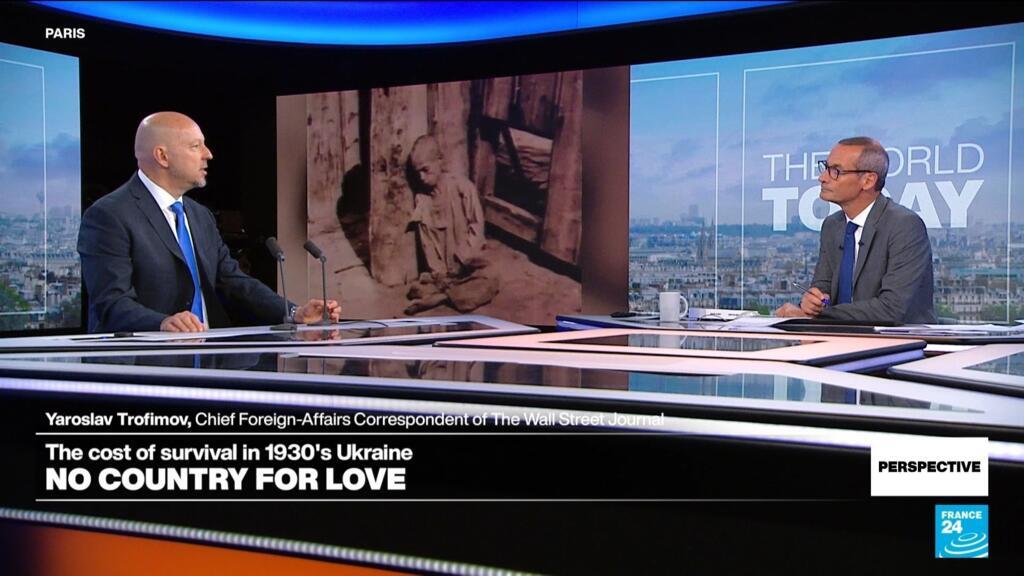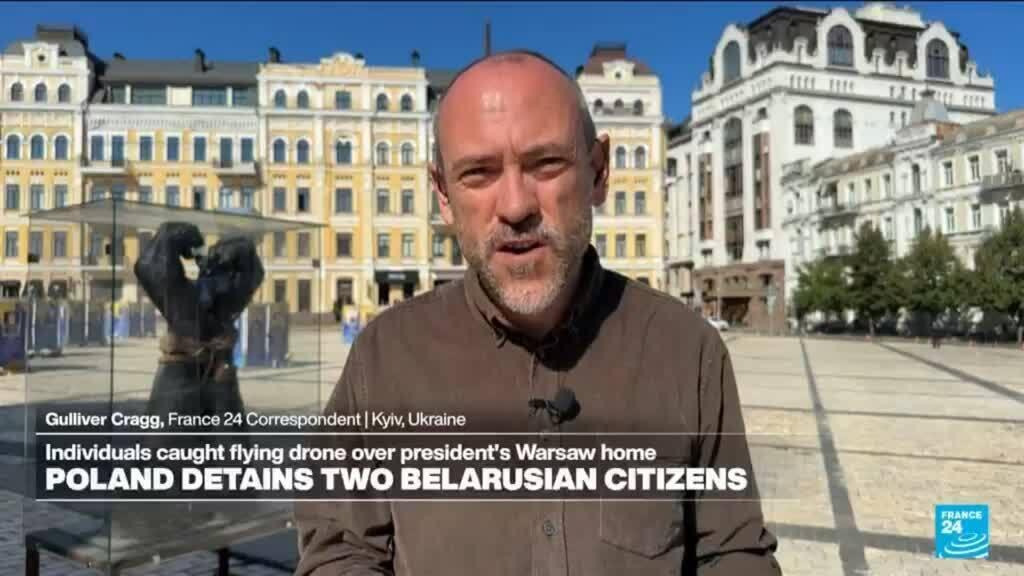"No Country for Love": A Reflection on Ukraine's Dark Past
"No Country for Love," which has been translated into French as "Ce pays qui n'aimait pas l'amour," is a poignant novel by Yaroslav Trofimov that draws heavily from real historical events. Trofimov, the chief foreign-affairs correspondent for The Wall Street Journal, was born in Kyiv, and his experiences and heritage greatly influence this narrative. The novel centers around a character modeled after Trofimov's grandmother, who endured the horrific realities of life in Ukraine during the Holodomor, a man-made famine in the 1930s that resulted in the deaths of millions of Ukrainians. This tragic period is mirrored by the toll of World War II, further compounding the extensive suffering faced by the Ukrainian people.
The book delves into what Trofimov considers one of the most harrowing moments of the 20th century, highlighting the resilience of the Ukrainian spirit in the face of unimaginable adversity. Through this narrative, Trofimov seeks to capture the essence of a country that has faced repeated challenges, while also providing context to the contemporary fight for sovereignty and independence currently being waged by Ukraine.
The Holodomor, which saw rampant starvation and death due to Stalin's policies, remains a critical chapter in Ukrainian history. Trofimov's use of personal narrative elements reflects the profound impact of such events on individual lives and family legacies. His grandmother's experiences not only serve as a historical lens but also forge a connection to the present, where Ukraine's struggle against oppression is underscored by a resolve symbolized in the mantra "never again." This phrase encapsulates a collective memory that fuels the national consciousness as the country fights back against ongoing aggression.
Throughout "No Country for Love," Trofimov intricately weaves personal stories with broader historical narratives, offering readers a deeply personal yet widely resonant account of suffering, resilience, and the enduring human spirit. The interplay between individual experiences and the collective trauma of a nation illustrates how history shapes identity, informing the current socio-political landscape in Ukraine.
By recounting the tribulations faced by earlier generations, Trofimov emphasizes the importance of memory and the lessons learned from history. The echoes of the past are ever-present in today's geopolitical climate, where the fight for Ukraine's sovereignty and rights against external threats remains at the forefront. Trofimov's narrative not only serves as a reminder of the horrors suffered but also as an exploration of the ongoing quest for love, freedom, and national identity amidst chaos.
Through powerful storytelling, "No Country for Love" offers a reflection on the implications of historical events on current affairs. The novel resonates with readers who are increasingly aware of the complexities of national identity and the darker chapters of history that continue to cast long shadows over contemporary life. Trofimov invites us to engage with these themes, urging a comprehensive understanding of the past as we move forward, highlighting the essential narrative of resilience and hope that characterizes the Ukrainian experience.












